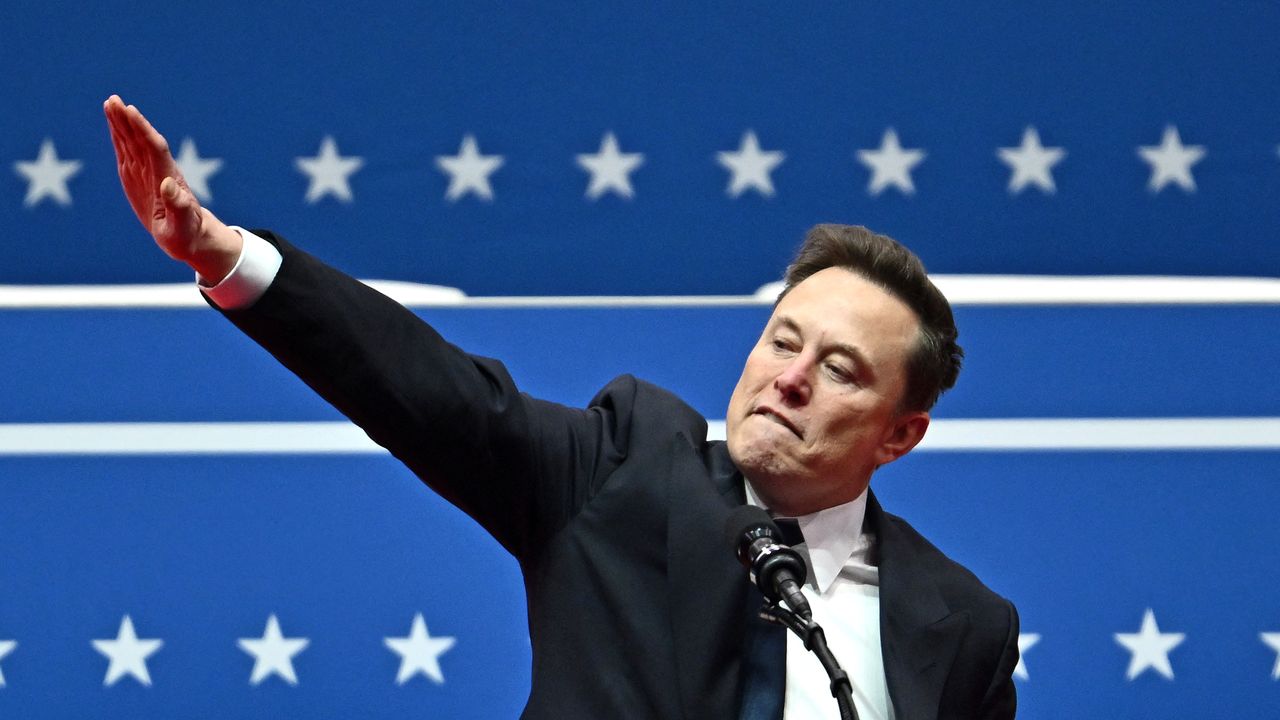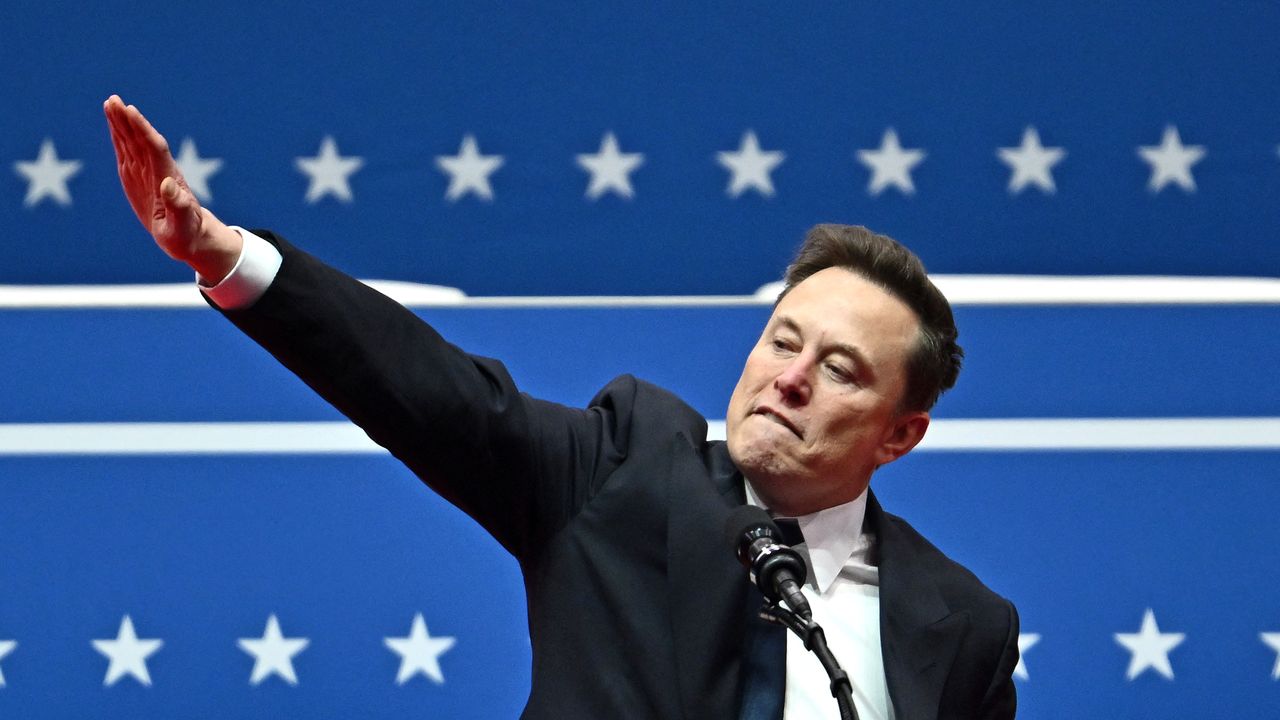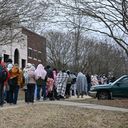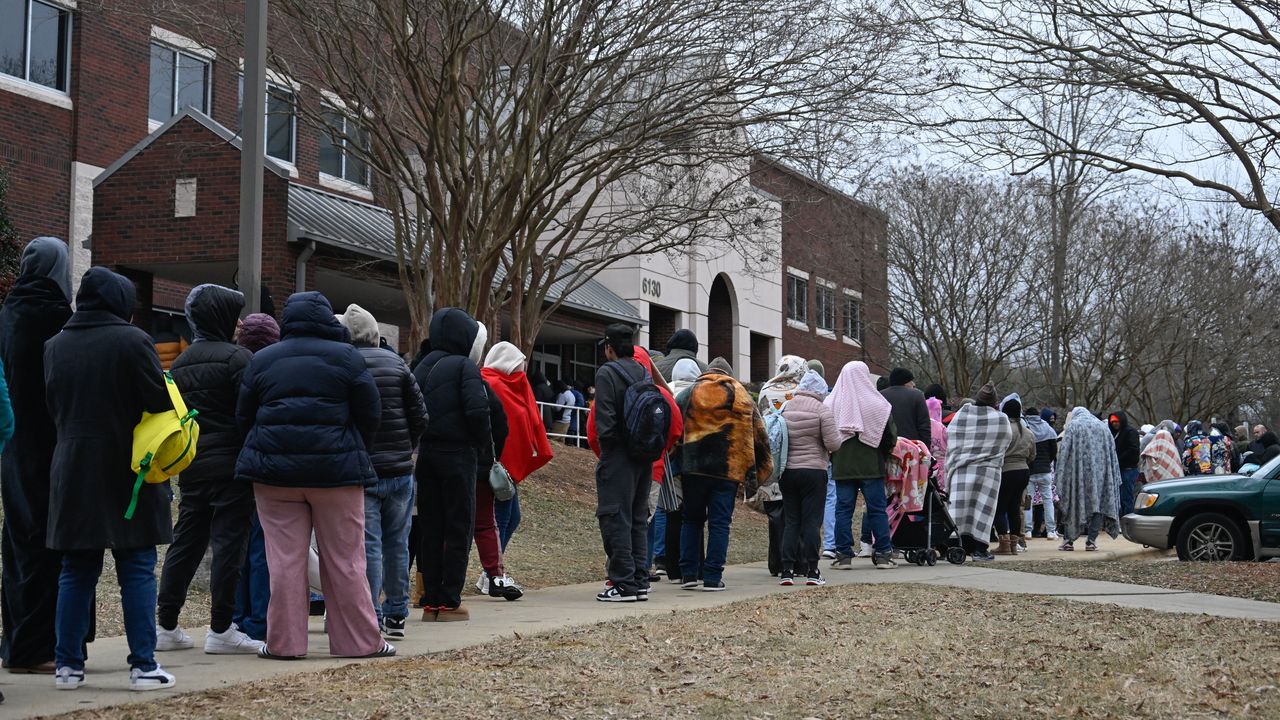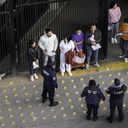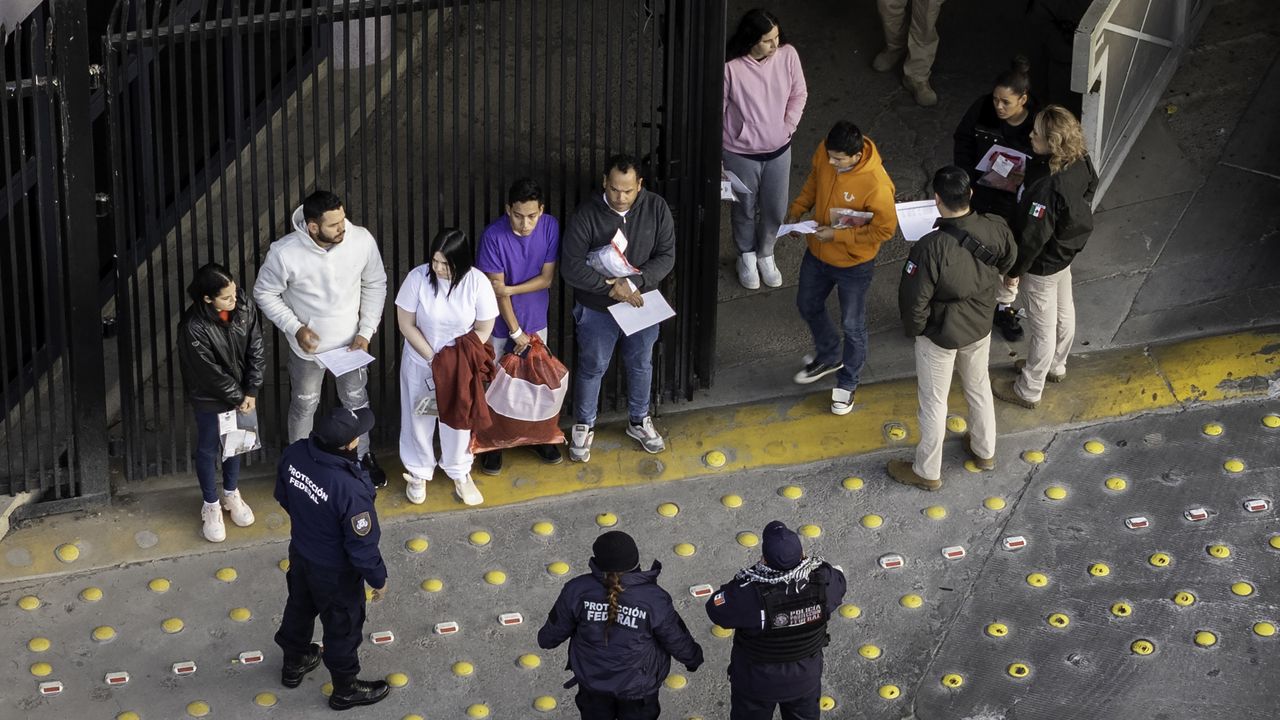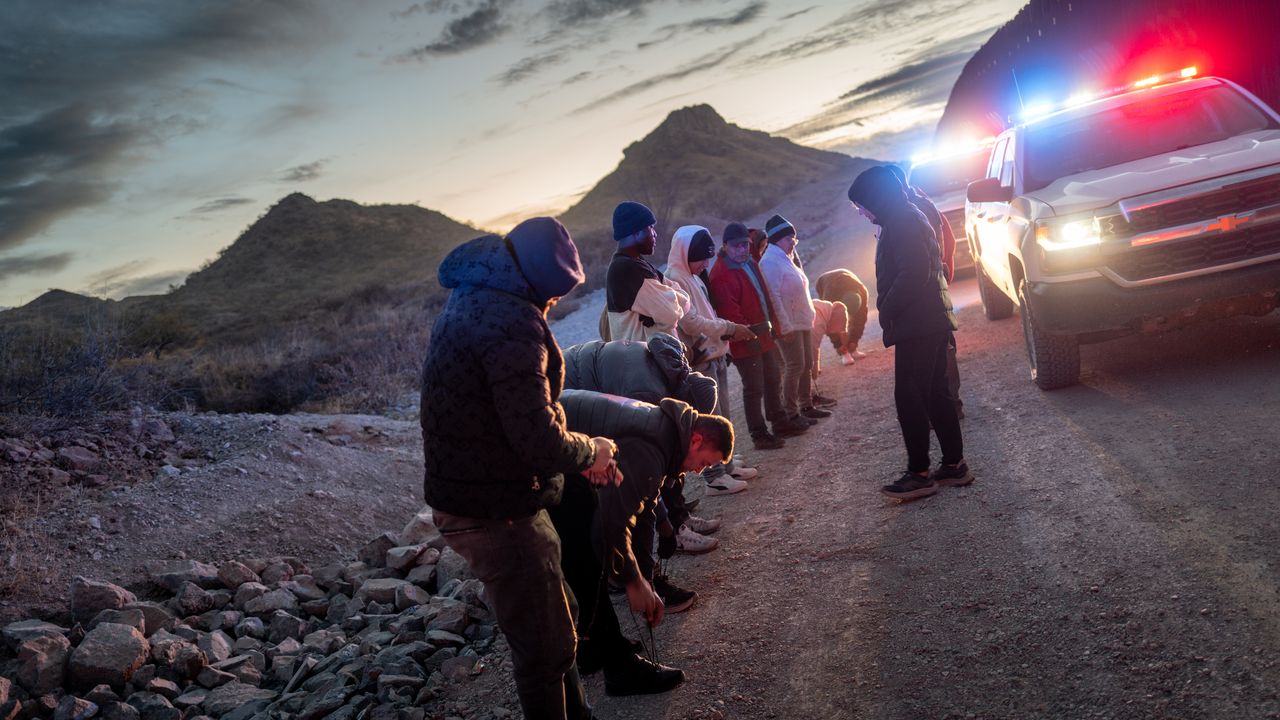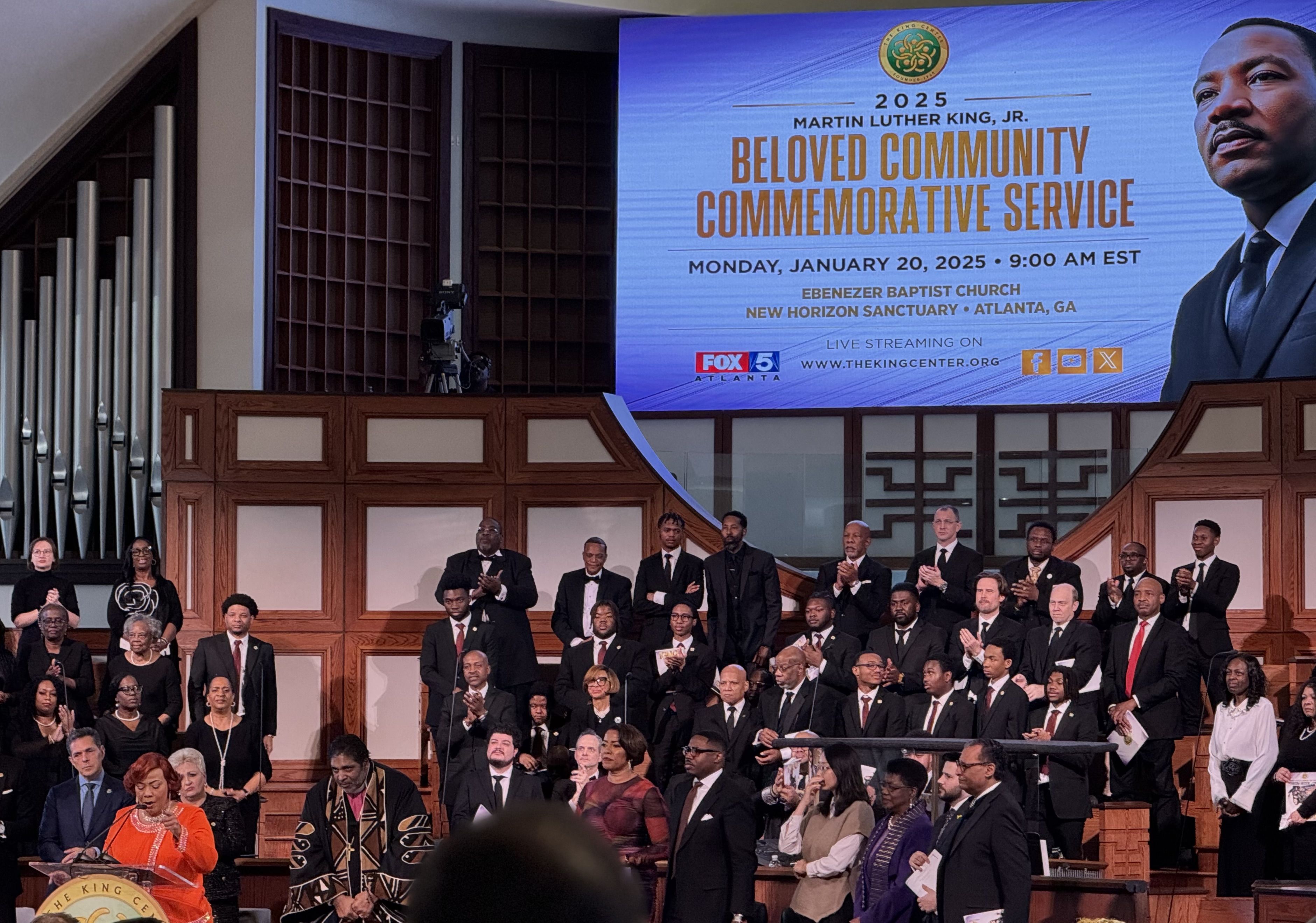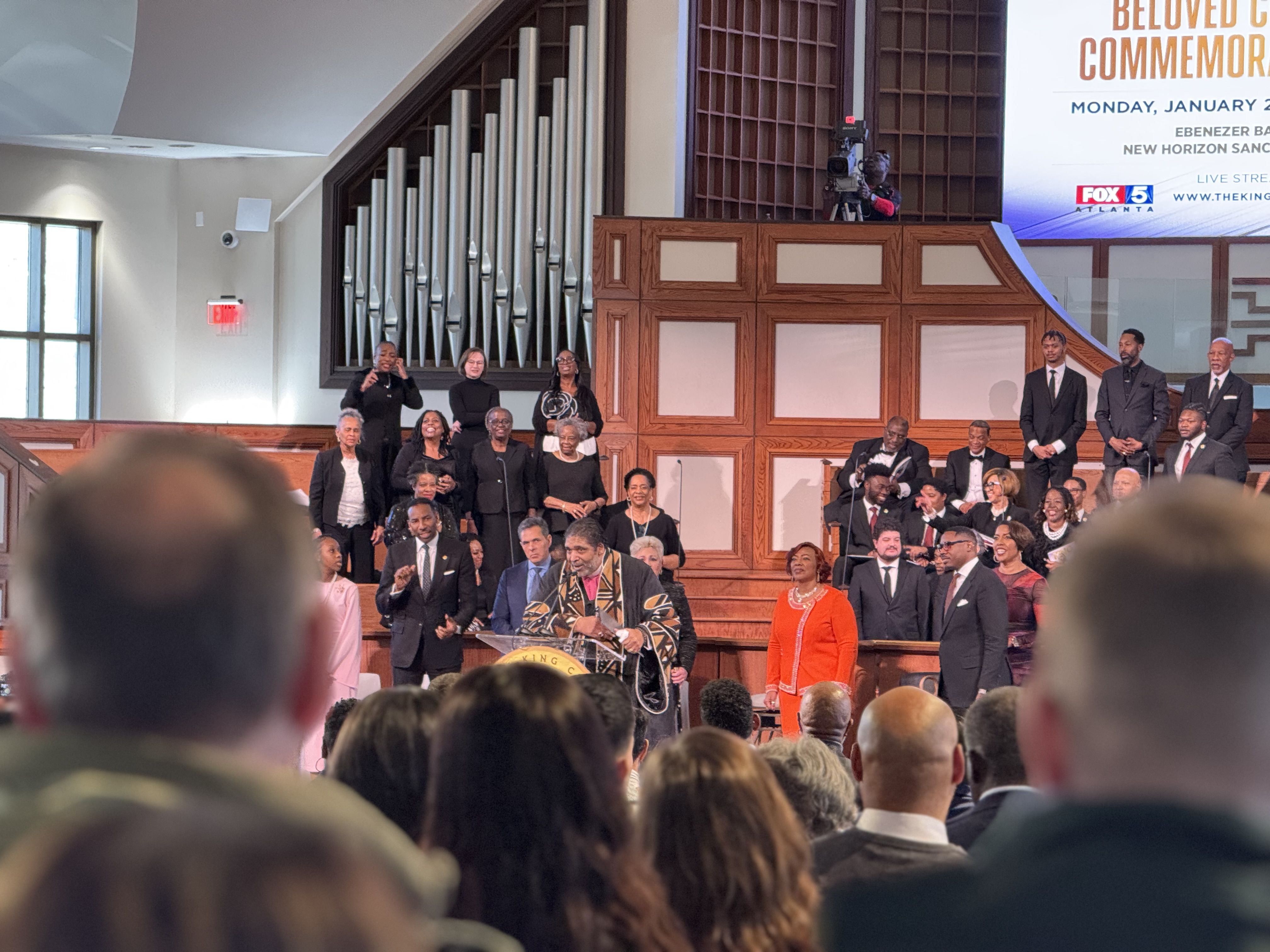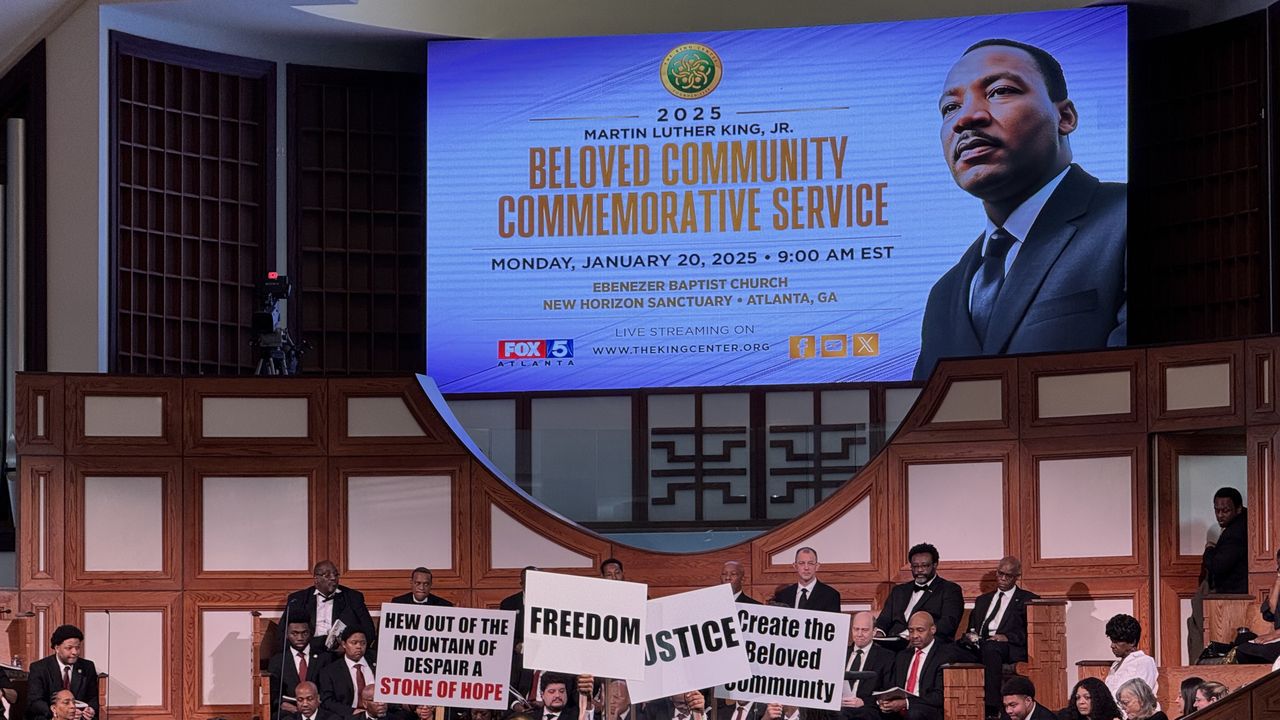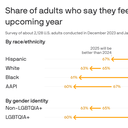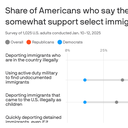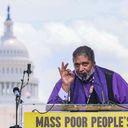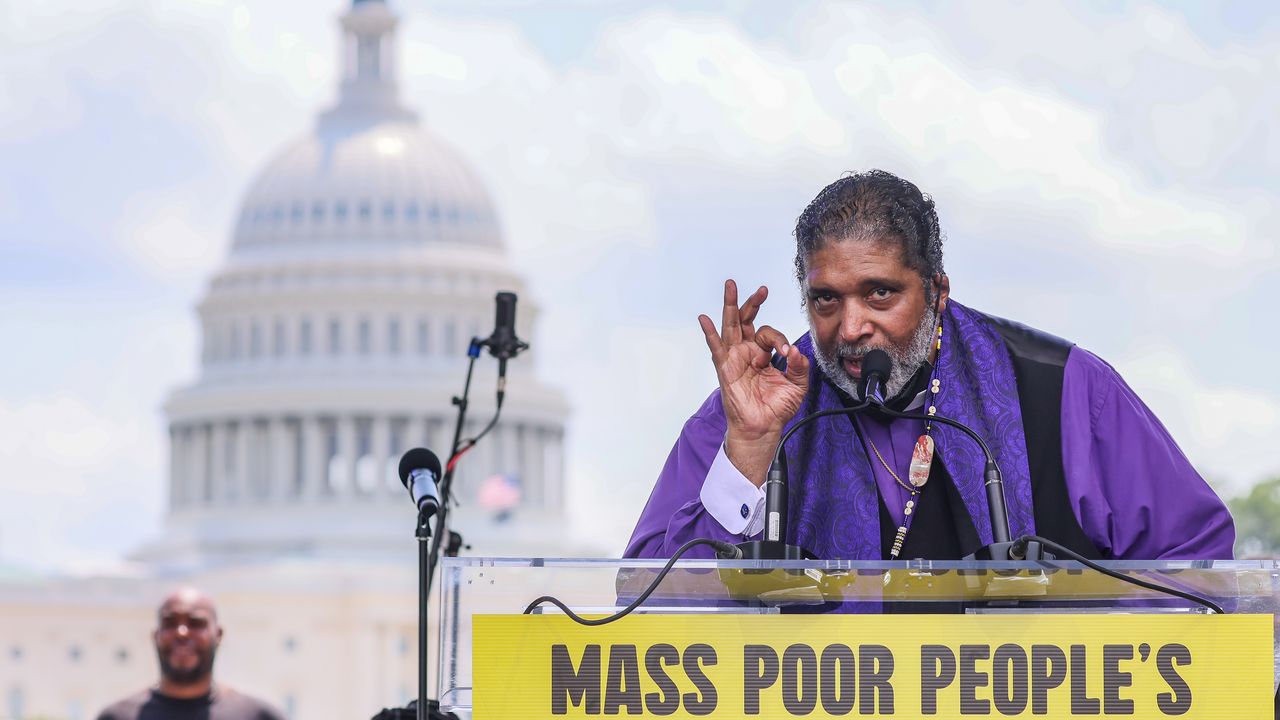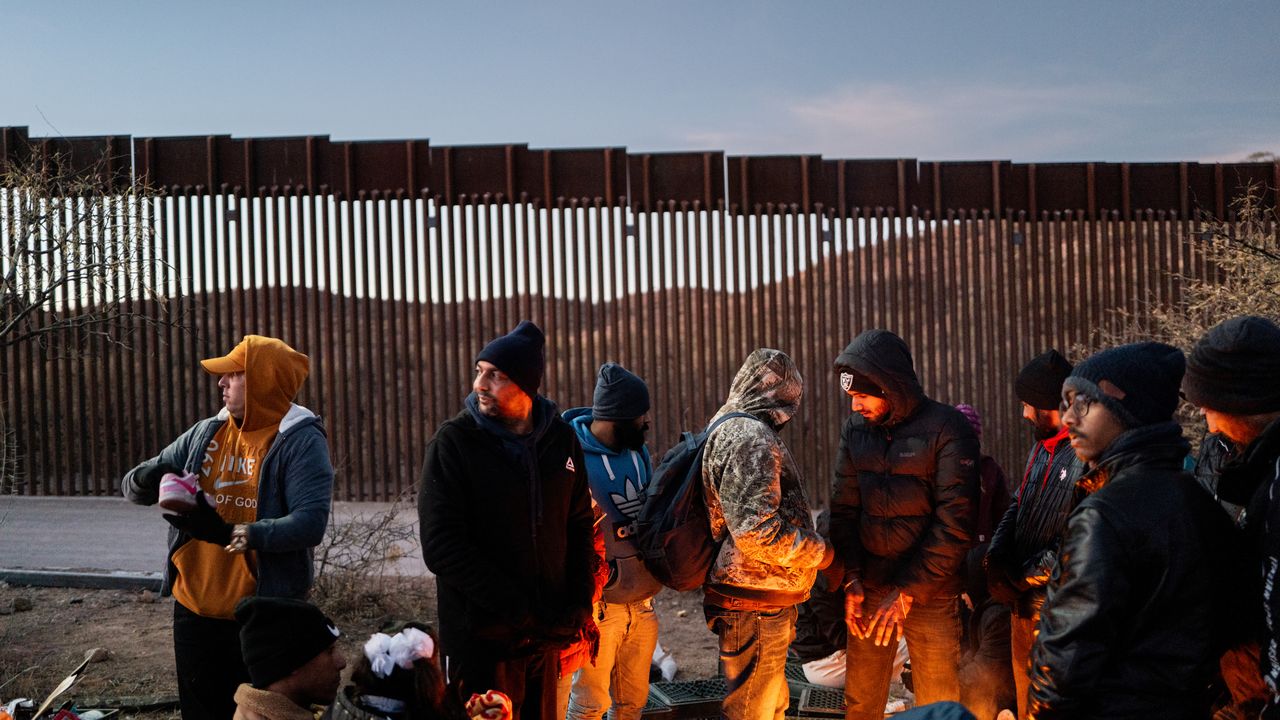Trump's other immigration strategy: Look tough for the cameras
Donald Trump's immigration crackdown isn't just about making arrests. It's about choreography, photo ops, wardrobe changes and tough talk — all designed to discourage undocumented people from wanting to be in the U.S.
Why it matters: The underbelly of Trump's immigration strategy is, as one White House official told Axios, "the visuals" — showing force and creating a sense of urgency through viral videos and photos of top officials at the border and on raids.
Zoom in: That's why a casually dressed Pete Hegseth, Trump's new defense secretary, traveled to El Paso on Monday to meet with some of the 1,500 active-duty troops deployed to the southern border by a Trump executive order.
- In recent days the Department of Homeland Security touted DHS Secretary Kristi Noem, dressed like an ICE agent, joined a raid in New York City.
- On Sunday, Noem posted a video of herself on X, riding horseback with Border Patrol agents in the Southwest and wearing an olive green Border Patrol jacket and a cowboy hat. The post was praised by MAGA loyalists — and mocked by critics who called Noem's appearance "cosplay."
- Trump-supporting celebrities have gotten into the action as well. "Dr. Phil" McGraw embedded with ICE agents and border czar Tom Homan in a Chicago immigration raid, boosting media coverage (and drawing ridicule on "The Daily Show.")
- The White House's feed on X, meanwhile, is amplifying images of military airplanes ready to deport illegal immigrants. In the first week, it touted the number of deportations and featured mugshots of "the worst" criminals who were being expelled.
The big picture: Trump's team figures that the more undocumented immigrants who see such images and decide not to try entering the U.S. — or who "self-deport" without being arrested — the better.
- Beyond the U.S., the White House's messaging is aimed not just at discouraging migrants, but also smugglers and human traffickers.
- "The visuals are important," the White House official said, noting that the voter anger that helped get Trump elected was driven partly by "the visuals of hordes of people overwhelming [the] Border Patrol and storming the border."
- "We've been elected on a campaign promise to fix the border, and it would be foolish of us to sit back and just let the media tell our story."
Between the lines: It's not totally clear how much the pace of immigration arrests has picked up under Trump compared to the last days of the Biden administration.
- What is clear is that the arrests made since Trump took office two weeks ago have received more attention, even in the same cities.
One example: ICE agents, during a week-long surge of raids in Newark, N.J., in December, arrested 33 noncitizens, including a Mexican national convicted of sexual assault of a minor teen and a Brazil national convicted of murder. Those arrests got little attention.
- During Trump's first week in office, an ICE raid of a Newark seafood restaurant that netted three people drew international attention and condemnation from Newark Mayor Ras Baraka.
- One U.S. citizen — a Puerto Rican who was a military veteran — allegedly was harassed by federal agents, the mayor and the restaurant owner said.
Zoom out: The White House press office is regularly promoting the arrests of migrants with criminal records from the briefing room and on its official X page.
- ICE hit a high under Trump of more than 1,000 daily arrests on Jan. 27, according to an X post. The White House hasn't disclosed how many of those arrested have criminal backgrounds or are simply unauthorized to be in the U.S., which is only a civil offense.
- Trump's team has said it considers all undocumented immigrants to be criminals.
- "I know the last administration didn't see it that way, so it's a big culture shift in our nation to view someone who breaks our immigration laws as a criminal, White House press secretary Karoline Leavitt said last week.
- "But that's exactly what they are."











